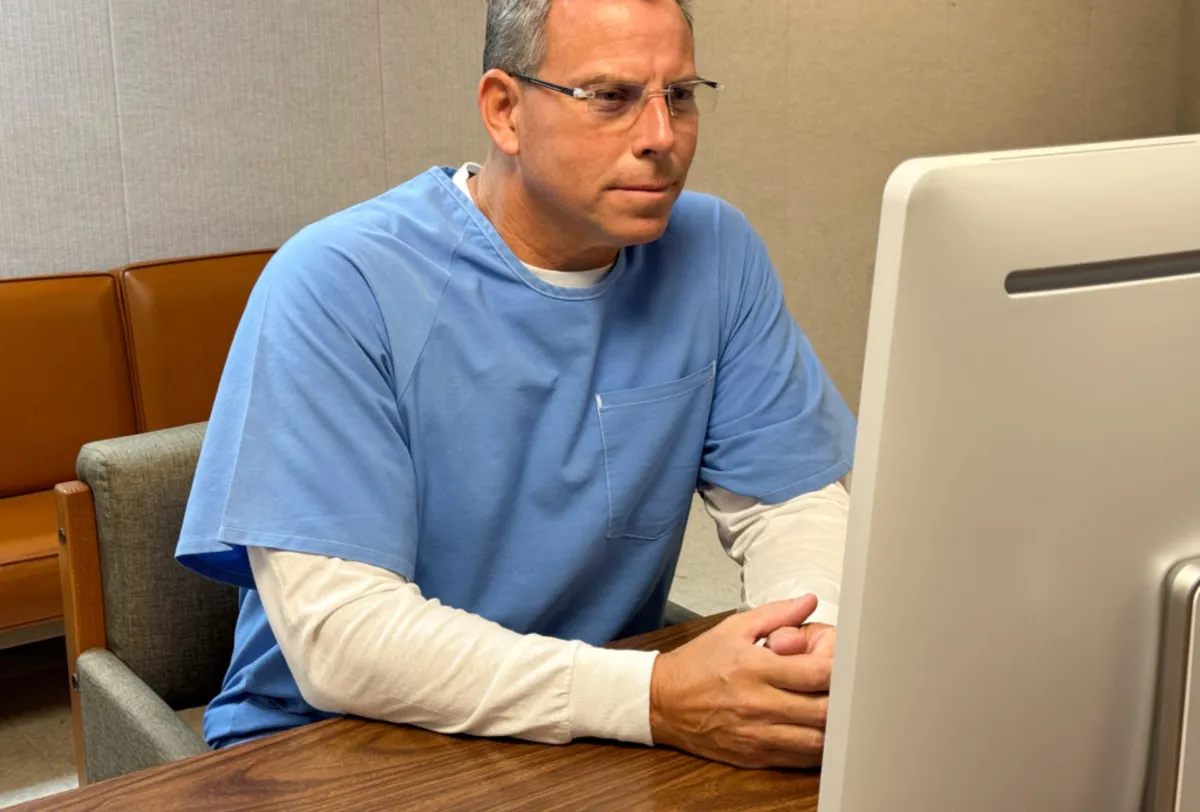
In a highly publicized parole hearing on Thursday, Erik Menendez was denied parole by a California board, which cited his ongoing misbehavior during his decades-long imprisonment for the murder of his parents in 1989. The board's decision reflects concerns that Menendez continues to pose a risk to public safety. This decision comes three years after his last parole hearing, at which he will again be eligible for consideration.
Erik Menendez, along with his older brother Lyle Menendez, was convicted nearly 30 years ago for the shocking murders of their parents, Jose Menendez and Kitty Menendez, in their Beverly Hills mansion. The brothers received life sentences without the possibility of parole in 1996. Their case has remained a focal point of public fascination, drawing attention from true crime enthusiasts and spawning various documentaries and dramatizations.
The hearing for Lyle Menendez is scheduled for Friday, adding further intrigue to this ongoing saga. Both brothers have maintained that their actions were a result of years of sexual abuse by their father, a claim that has garnered renewed attention and support in recent years.
The parole hearing lasted all day, during which the panel of two California commissioners questioned Erik Menendez about the reasons behind his crime and his adherence to prison rules. Despite the support from family members advocating for the brothers’ release, the commissioners ultimately ruled against parole. Commissioner Robert Barton emphasized that the decision was influenced more by Menendez's behavior in prison rather than the gravity of his crime. He described Menendez's repeated violations, including the unauthorized use of a cellphone, as indicative of a belief that rules do not apply to him.
“You have not been a model prisoner, and frankly, we find that a little disturbing,” Barton stated, expressing skepticism about Menendez's honesty with his family concerning his behavior behind bars.
During the hearing, Erik Menendez shared his reflections on his upbringing and the choices that led to his actions. He noted the hearing coincided almost precisely with the anniversary of his parents’ deaths, highlighting the emotional weight of the day. Menendez described the psychological and emotional trauma that his family endured as a result of his actions, stating, “Today is the day that all of my victims learned my parents were dead.”
His parole attorney, Heidi Rummel, highlighted a turning point in Menendez's life that occurred in 2013, when he found faith and accountability, leading to sobriety. Despite acknowledging that he had not been perfect, Rummel argued that he had made significant strides in personal growth. Commissioner Rachel Stern commended Menendez for his efforts to support older and disabled inmates, indicating a commitment to positive change.
During the hearing, over a dozen family members delivered emotional statements in support of Erik Menendez. His aunt, Teresita Menendez-Baralt, expressed her forgiveness, noting her desire to welcome him into her home as she battles Stage 4 cancer. Another relative pledged to provide him housing in Colorado, where he could reconnect with family and nature, emphasizing the importance of support in his rehabilitation journey.
Despite the emotional appeals from family members, prosecutors remain staunchly opposed to the release of both Erik and Lyle Menendez. LA County District Attorney Nathan Hochman has characterized the brothers as lacking insight into their actions, drawing parallels to infamous criminals such as Sirhan Sirhan. During the hearing, prosecutor Habib Balian scrutinized Menendez regarding past attempts to manipulate court proceedings, further complicating the case for parole.
As Erik Menendez faces a three-year wait before another parole opportunity, Lyle Menendez's hearing is set to unfold shortly. Both brothers also have a pending habeas corpus petition filed in May 2023, seeking a review of their convictions based on new evidence of sexual abuse. The enduring interest in their case continues to spark discussions about justice, abuse, and rehabilitation, as they seek to redefine their narratives beyond their infamous past.
The Menendez brothers’ story remains a poignant reminder of the complexities surrounding crime and punishment, capturing the attention of the media and the public alike.